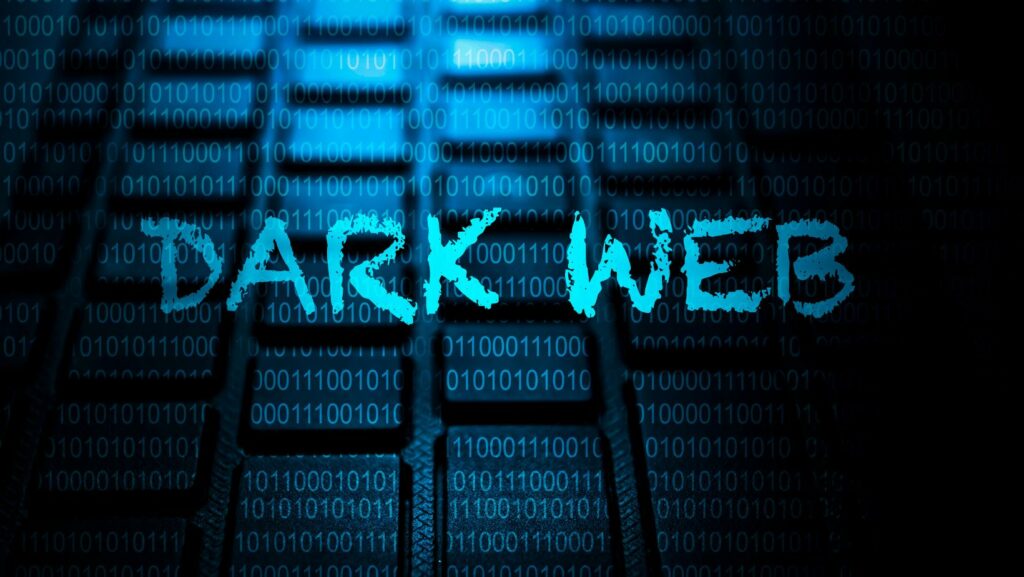Venturing into the shadowy corners of the internet reveals a hidden world known as the dark web. This elusive part of the internet, inaccessible through standard browsers, hosts a variety of applications that cater to a range of needs, some legitimate and others less so. The dark web apps, often discussed in hushed tones, offer a degree of anonymity and privacy not found on the surface web.
Understanding these applications requires navigating through complex layers of security and legality. While some use these tools for secure communication and data protection, others might exploit this anonymity for illicit activities. As the digital landscape evolves, so does the intrigue and mystery surrounding these dark web applications, making it crucial for users to understand their workings and implications fully.
Exploring the dark web apps opens up discussions about internet freedom, privacy, and the fine line between lawful and unlawful use of technology. This introduction sets the stage for a deeper dive into what these applications are, who uses them, and the risks and benefits associated with venturing into the dark web.
Dark Web Apps
What Is the Dark Web?
 The Dark Web refers to a section of the internet hidden from conventional search engines and accessible only through specialized browsers like Tor. It leverages encryption and routing techniques to provide anonymity to users and website operators. This anonymity shields users from tracking and surveillance, making the Dark Web a haven for both privacy advocates and those wishing to conduct activities away from prying eyes.
The Dark Web refers to a section of the internet hidden from conventional search engines and accessible only through specialized browsers like Tor. It leverages encryption and routing techniques to provide anonymity to users and website operators. This anonymity shields users from tracking and surveillance, making the Dark Web a haven for both privacy advocates and those wishing to conduct activities away from prying eyes.
Apps on the Dark Web operate under high levels of encryption, which ensures a user’s activities remain confidential and secure from interceptions. Typically, these apps require specific configurations or software to access, such as the aforementioned Tor browser, which anonymizes user traffic by routing it through multiple nodes worldwide. Unlike regular apps, those on the Dark Web are not indexed by common search engines, and users generally share their URLs via encrypted channels or specialized forums.
Dark Web apps cater to a variety of uses, examples include secure communication tools for journalists, privacy-focused services, and marketplaces that, while sometimes operating legally, can also feature illegal items. Each app’s operation ties closely to the need for privacy and security, demonstrating why both benign and malicious users gravitate towards these platforms.
Common Types of Dark Web Apps
Communication Tools
 Dark web apps designed for communication primarily focus on ensuring user privacy and anonymity. These tools allow users to exchange messages, emails, and other forms of communication without risking exposure of their identities. Examples include encrypted email services like ProtonMail and messaging apps such as Wickr, both of which use end-to-end encryption to secure data. Users often benefit from these services if privacy is their utmost priority, especially activists, whistleblowers, and journalists operating in restrictive regions.As the digital landscape evolves, so does the intrigue and mystery surrounding these dark web applications, making it crucial for users to understand their workings and implications fully.
Dark web apps designed for communication primarily focus on ensuring user privacy and anonymity. These tools allow users to exchange messages, emails, and other forms of communication without risking exposure of their identities. Examples include encrypted email services like ProtonMail and messaging apps such as Wickr, both of which use end-to-end encryption to secure data. Users often benefit from these services if privacy is their utmost priority, especially activists, whistleblowers, and journalists operating in restrictive regions.As the digital landscape evolves, so does the intrigue and mystery surrounding these dark web applications, making it crucial for users to understand their workings and implications fully.
Cryptocurrency Platforms
 Cryptocurrency platforms on the dark web enable users to perform transactions with enhanced privacy. These platforms use cryptocurrencies, like Bitcoin and Monero, which are favored for their pseudonymous nature. Users can buy or sell goods and services without revealing their real-world identities, contributing to a layer of security against tracking and profiling. Notable platforms include decentralized markets where transactions directly between users (peer-to-peer) minimize trust issues often associated with traditional centralized systems. These platforms not only cater to legal transactions but also attract illicit activities, underscoring the complex ethical landscape of the dark web.
Cryptocurrency platforms on the dark web enable users to perform transactions with enhanced privacy. These platforms use cryptocurrencies, like Bitcoin and Monero, which are favored for their pseudonymous nature. Users can buy or sell goods and services without revealing their real-world identities, contributing to a layer of security against tracking and profiling. Notable platforms include decentralized markets where transactions directly between users (peer-to-peer) minimize trust issues often associated with traditional centralized systems. These platforms not only cater to legal transactions but also attract illicit activities, underscoring the complex ethical landscape of the dark web.
Risks and Legal Implications
Navigating the dark web apps comes with inherent risks and significant legal implications. Users must remain vigilant about the potential for exposure to illegal activities and malware threats. While these apps offer unmatched privacy they also pose challenges for law enforcement trying to curb illegal transactions and communications. It’s crucial for users to understand the fine line between privacy and legality ensuring they stay within the bounds of the law while exploring these encrypted networks.



